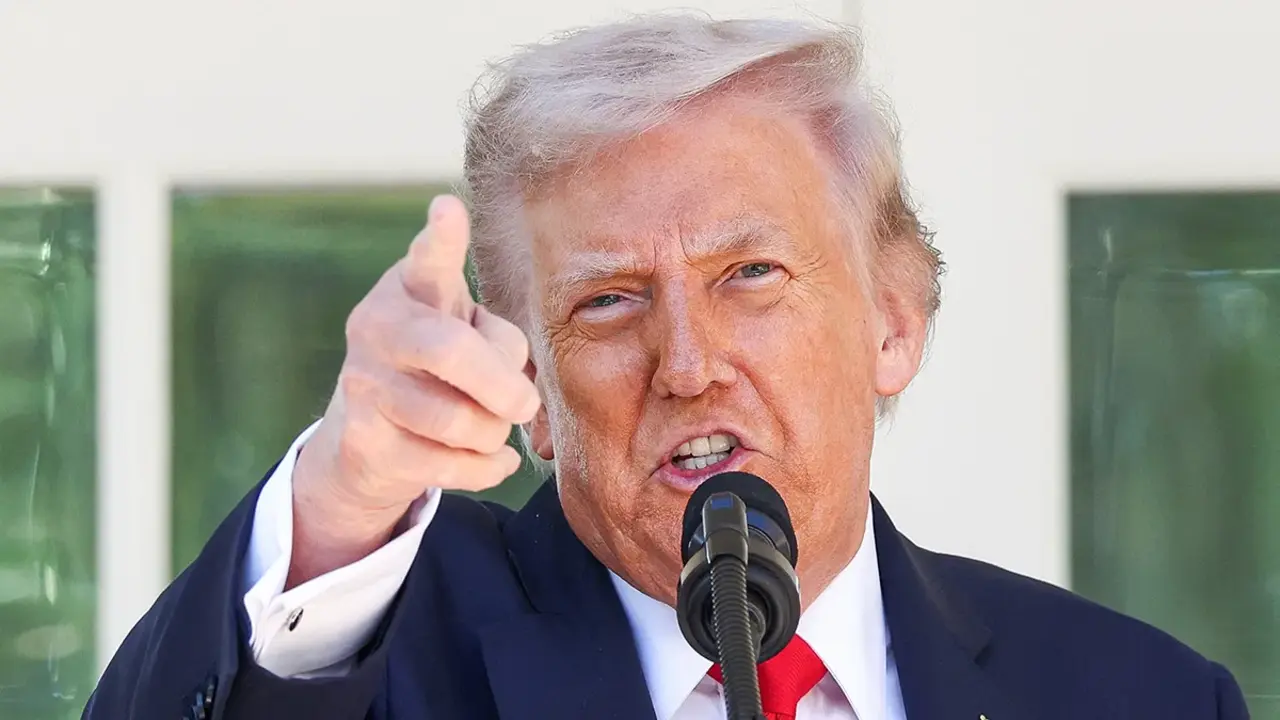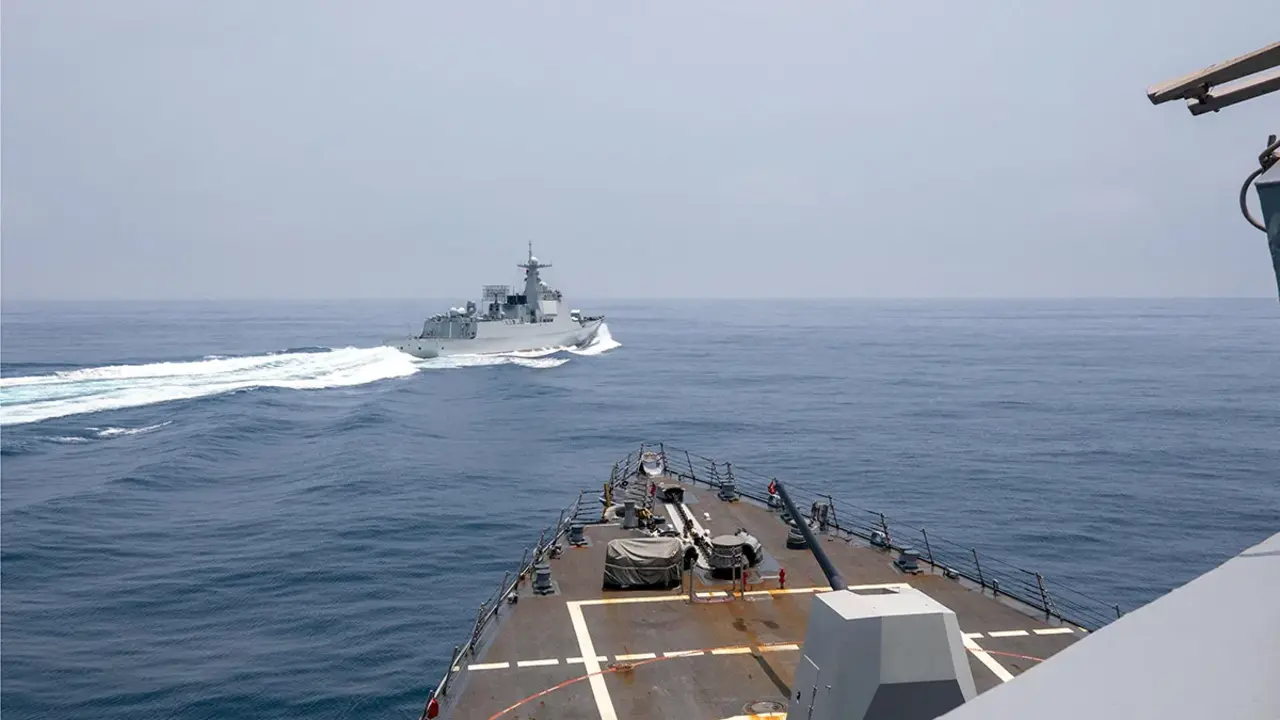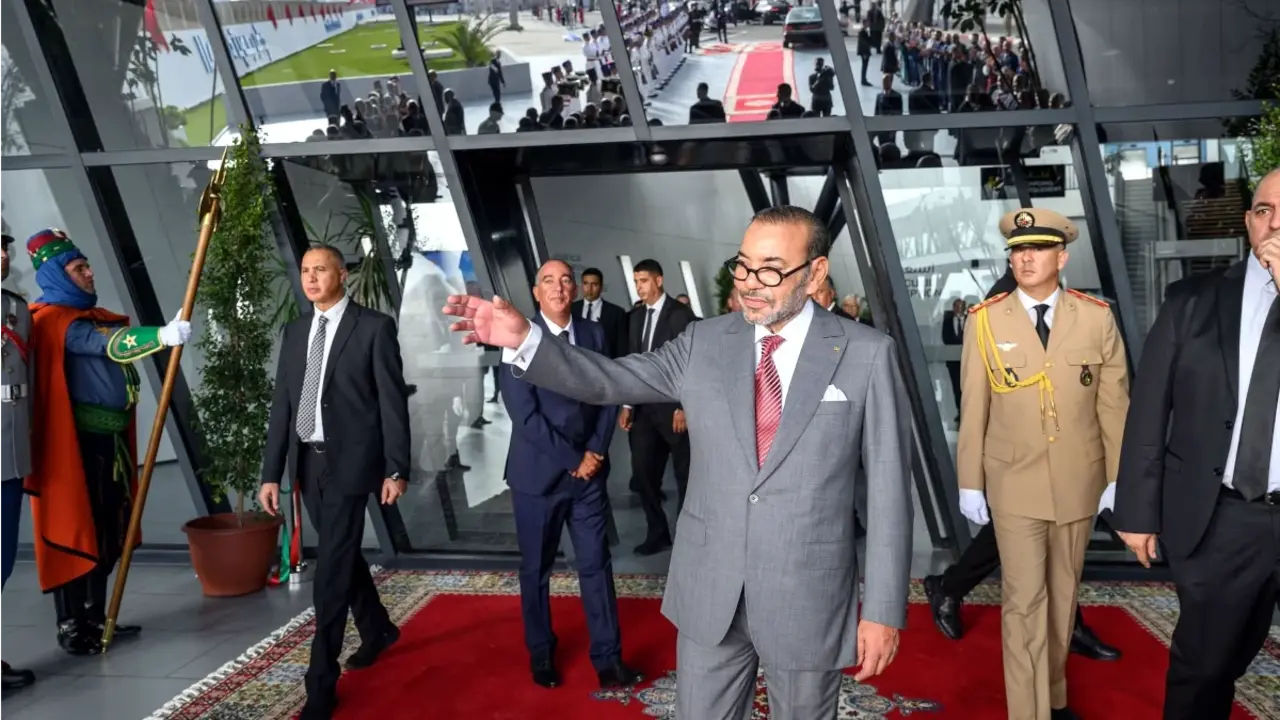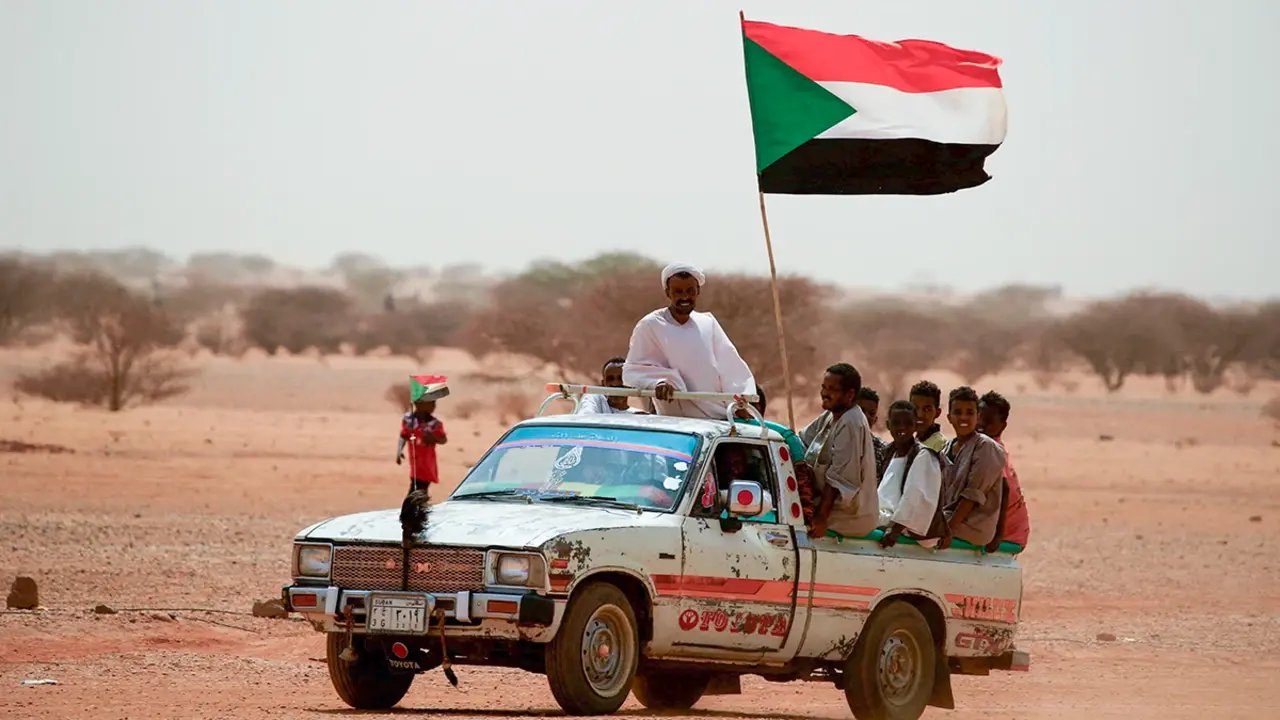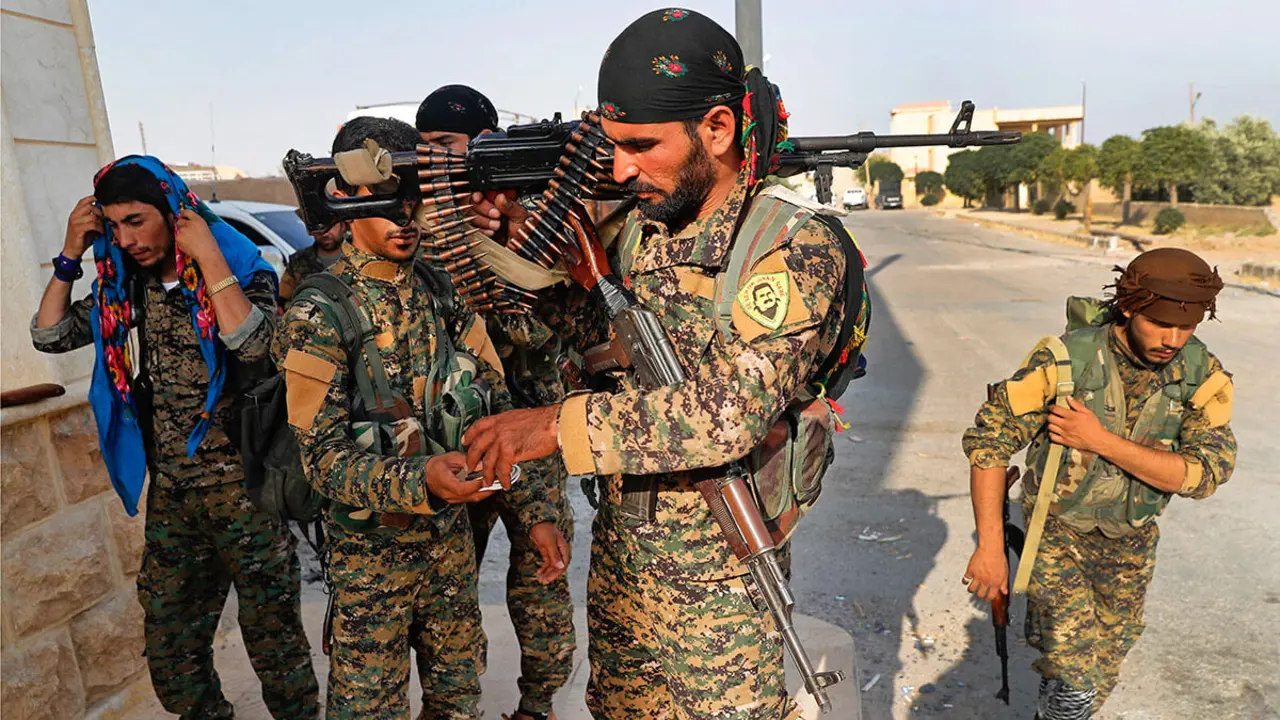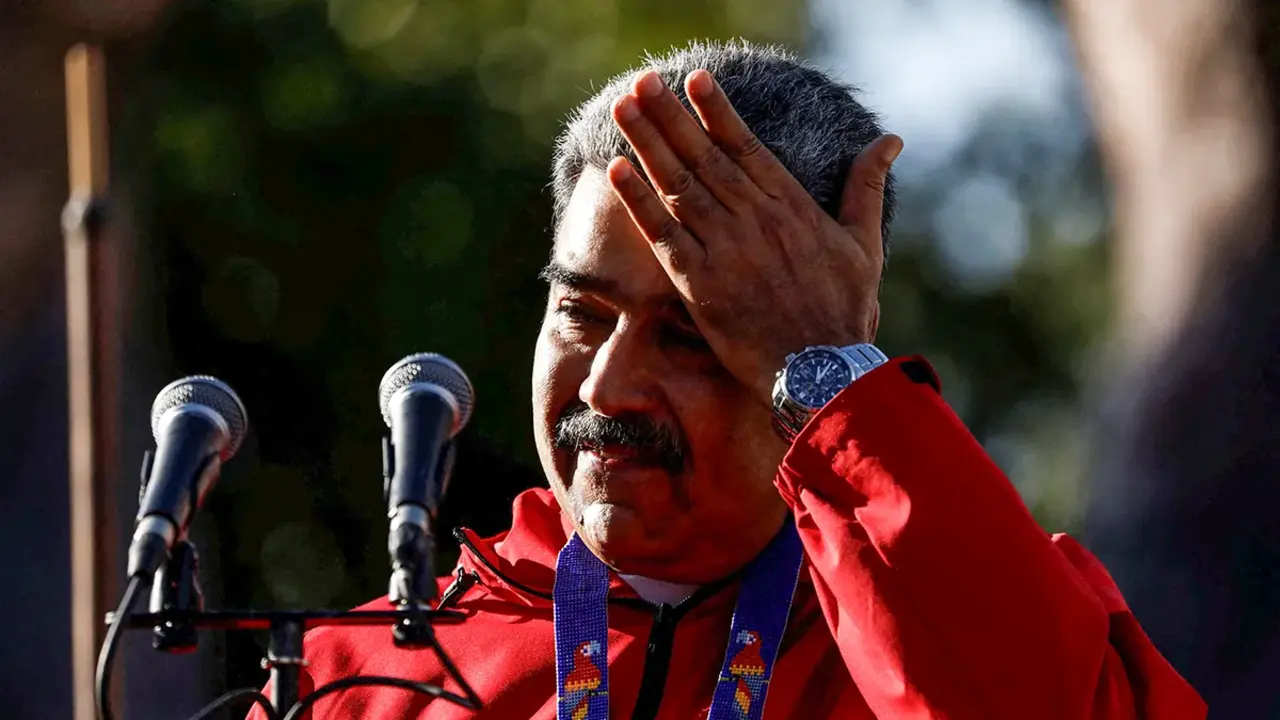Africa is the future of the international geopolitical chessboard

Africa has not always been a modest continent compared to the rest of the world. From glorious Ancient Egypt to the empire of Mali, the African continent has always been a place of prosperity and development of great civilisations. It remains one of the greatest paradoxes of humanity how a continent with so many resources is today considered the poorest.

Africa is one of the most diverse places in the world where there are more than 1,700 languages and where, despite the perception we have from the West, there are dozens of ways of understanding economic and social policy.
Africa has 10 countries in the top 40 oil producers; 4 in the top 15 global gold producers; South Africa produces 75% of all the world's platinum; Congo produces 70% of the world's cobalt (essential for making rechargeable batteries); Botswana is the largest diamond producer; Ivory Coast and Ghana produce more than half the world's cocoa; and more than 75% of the world's phosphates are in Morocco. But none of these countries is rich.

The resource paradox
Among the reasons why Africa is not a wealthy region is the lack of economic diversification. African economies depend on the exploitation and export of their natural resources, which makes them vulnerable to the price and value instability of raw materials, for example, the fall in the price of oil in 2014 caused economic recessions in 8 of the 10 largest oil producers on the continent, such as Nigeria, Algeria, Angola and Libya, losing 30% of the value of their GDP (Gross Domestic Product).
Another key factor is the lack of infrastructure and human capital for the development of raw materials. Investment in infrastructure would allow countries to export the final product instead of raw materials whose value is always higher. This leads to a shortage of employment generation and a glass ceiling for growth, as it is not possible to achieve higher income than the value of the raw material.

Corruption and government mismanagement play a crucial role in poverty in Africa. In Angola, hydrocarbon revenues equivalent to 25% of that year's GDP disappeared in 2011, with the government's response to the International Monetary Fund being that there had been "an accounting error". The high birth rate, the lack of access to contraception and the low education of the population put great pressure on the consumption of resources such as health, education and housing. The 25 highest birth rates in the world are in African countries and 37 of the top 40 are in Africa.
First green shoots
Given the potential and concurrent dependence of this region on international markets, the conclusions for Africa are anything but obvious and difficult to maintain. Africa is complex. The past legacies of some nations continue to impede growth, which, while real, is fragile because it does not create enough jobs for its young population, the youngest in history. Because of this growth, future planning must be improved. However, several African nations have accelerated with more logically designed policies to further liberalise their economies, with stronger institutions and better governance.

Ethiopia is a success story. Between 2000-2002 it had an average annual income of $120, while in 20 years it has managed to multiply that amount ninefold by 2021, now standing at almost $1,000 a year. Botswana, on the other hand, managed in 50 years to increase its annual income from $59 to $6,805, which is higher than that of countries such as Peru or Albania. Mali went from 19% school enrolment in 1990 to 78% in 2010.
Africa is a demographic powerhouse. At the moment, it is the continent with the second highest population on Earth. Unlike the other demographic powerhouse, Asia, it is expected to have more than 1.5 billion people by 2025 and its population is expected to grow at a rapid pace until 2100. Five of the world's ten most populous nations are expected to be African by 2100. For example, Nigeria will overtake the US in terms of population.

As mentioned above, a detailed analysis of each nation is crucial due to the heterogeneity of the African continent. The OECD country risk rating, which ranges from 0 to 7, where 0 represents the lowest possible risk and 7 represents the highest possible risk, is useful to achieve this. Spain received a score of 0 to give us some perspective. There are 20 nations in Africa with rankings below 7 for the continent. The highest scoring nations are Morocco, Mauritius and Botswana (all three received a 3), followed by South Africa (4), Algeria, Ivory Coast and Senegal (all five received a 5), and Angola, Benin, Cape Verde, Cameroon, Egypt, Swaziland, Gabon, Lesotho, Namibia, Nigeria, Tanzania, Togo and Uganda (all six received a 6).

Literacy rates are steadily increasing, which is a breakthrough of incalculable importance. The rate of development will affect the growth of Africa's population. Depending on development, the population by the end of the 21st century could range from 1.7 billion if development is high and Africa and all its partners meet their expectations, to 4.8 billion if development fails.

Apart from the fact that Africa's population is expanding, it is also expanding in its cities. According to estimates, urban areas will be home to 80% of the additional population over the next 20 years. If Africa develops steadily, it could move out of extreme poverty within two decades. By the time that happens, Africa's population will be the most abundant in the world in the 20-40 age bracket, and one of its strengths will be its large labour force, which will have high skills by then.
Africa has the opportunity to play a greater role as the "factory of the world" as a result of the rising cost of labour in China.
Looking at Africa in the 21st century and now, its rise is appreciated for its many strengths, including its abundance of energy resources, its rich subsoil, its large population and its improvements in governance. It still faces many challenges, but it is far from being the only reality on the continent.

The Made in China model
China, the world's second largest power, has been searching for the solution to the continent's economic problem for more than 10 years. Since the reforms of 1978, China has demonstrated significant economic growth and transformation. It managed to lift 750 million people out of poverty and increase its GDP by thirty, becoming a major player in historical records, producing 2% of manufacturing output to 25% in just 25 years.
Industrialisation and China's designation as the "factory of the world" were two of the factors that had the greatest impact on initiating this transformation. Africa, however, offers more than just a region with a sizeable labour force and abundant consumer goods. In fact, Africa is home to an enormous variety of natural resources and is the second largest continent after Asia. It is larger than the United States, most of Europe, China, India and Japan combined.

The Made in China model, which is based on China's position as the world's factory and backed by state stimulus programmes (such as the $586 billion programme launched in 2009 or the government's intervention after "Black Monday" in 2015), is proof of this. This change in the economic model sometimes led to references to the "Chinese economic miracle". This model was reflected in the nation's GDP, where more than 40% of GDP was typically allocated to investment, and within this percentage, industrial production accounted for 50% while services did not reach 40%.

The Asian giant was one of the poorest countries in the world in the mid-20th century. Knowing how to achieve prosperity, Beijing is trying to boost Africa, in a style never seen before by the African population: investment in exchange for nothing. Of the 10 most marked declines in extreme poverty by a country, 5 are African countries, which means that this type of objective is more than possible on the continent.
Because the starting point is not the same in Africa, today still 40 of the 50 countries with the highest population in extreme poverty are African. Of the 30 countries with the lowest GDP per capita, 26 are African. Just as China joined the bandwagon of development and industrialisation by taking on this role, Africa could follow suit and strengthen its institutions and economy and improve the living standards of its people.

China has produced more than it has consumed, and thanks to a favourable exchange rate for them, they have been able to export their surplus production. As a result, they have recently produced an average annual growth rate of 10%, transformed themselves from an agricultural nation with closed borders and a backward-looking inward looking economy to a global economy.
What would happen if Moscow were in charge of the currencies of 14 African nations?
The deterioration of diplomatic ties between Mali and France in the wake of the defence contract between the African nation and the Russian firm Wagner is a case in point. Russia's presence in Africa was equated by the media in Europe with corrupt and immature leadership that allowed Russia to rob Africa of its natural resources. While these concepts may be accurate, the media does not adopt the same tone when European states are the protagonists. According to Bloomberg, while Italy's former prime minister Draghi was 'securing the country's supply', Putin, seeking to increase his influence in Africa, wants to have his own 'African garden'.

It does not matter whether what happened in Mali was the result of popular support or opposition to the French presence. The military junta in Mali is the institution most Malians value the most, which explains why most Malians view the Russian presence favourably if it helps their army, according to the 2020 Afrobarometer survey. Many other African nations, including Senegal, have strong public sentiments against France, and many young people in Mali view the Malian army with a sense of African pride.

All this is ridiculed as a mistake and as a result of the propaganda to which Africans are subjected by watching Russia Today or reading false information on Facebook. Given this, the question to ask is: what would the European press say if 14 African countries used a currency linked to Moscow, what would they say if most of the strategic sectors of these countries were controlled by Russian companies, how would they explain that Russia started supporting coups in these countries to install presidents aligned with its interests, and how would they explain that before all this happened, Europe called for military interventions to stop the aggressors?
It is important to note that this situation exists, but France, not Russia, is the main actor in this control. And all this is happening in the absence of convincing arguments for or against the right of countries to defend themselves against the interests of superpowers or imperialism. Africans who are forced to deal with the effects of this situation do not hold Europe in high esteem, who already had such a political stance without any help from the Russian media in between.

Africa does not tolerate hypocrisy
Europe, the quintessential African partner, is not lagging behind, nor is it shying away from the new actor that is China. Given their significant interdependence, shared interests and challenges, the EU (European Union) has had, will have and needs to maintain a presence on the continent. The fact that military and civilian missions are sent to the continent to maintain peace, stability and democratic governance is proof that what happens in Africa affects Europe. The development of new policies and strategies to further build Euro-African relations is a challenge that Europe must address in the face of new challenges, such as the green transition, digitalisation and the creation of sustainable growth and jobs.
The two world wars that Europe provoked are the best illustration of this. Both had reasons to act beyond the continent's borders, as shown by the fact that Germany lost its hegemony over Africa after losing the First World War. The victorious powers in both wars claimed to fight for democracy and human rights, but they did so by maintaining racial hierarchies in their societies and colonies.

This double standard was a major problem in both conflicts and has persisted to this day. On the same day that France celebrated the end of the Nazi regime, Sétif was the scene of a mass murder of thousands of Algerians who supported independence. They partially normalised the categorisation of people according to the colour of their skin, which is still the case in Europe when deciding who qualifies as a refugee and should be welcomed, as was the case with Ukrainians, and who represents a threat to civilisation: blacks and Arabs. Moreover, he is surprised when he sometimes chooses not to listen to their discourse because human rights discourse excludes the vast majority of people from decision-making.
According to Western human rights doctrine, it is acceptable to kill people in the name of a "just war" to protect others, as has happened in Iraq, Pakistan, Somalia or Yemen. Moreover, borders can be closed for civilians fleeing conflict and for rebels who receive weapons and may surrender to a rebel faction. Everything is justifiable in light of the separation of the Western world from its victims, according to this doctrinal burden.

Russia's invasion of Ukraine has served as evidence that this pairing of domination and humanitarianism continues to have an impact on our present; while at the same time freeing African people and governments from the bureaucratic conditions imposed by colonial Europe and the bullets fired by the United States in the name of peace, so that they can be the ones to prosper, develop and be, with a high probability, the engine of the new world, as Mimi Kalinda, CEO and co-founder of Africa Communications Media Group Marco from South Africa, stated at the Spain-Africa Cooperation Summit.


